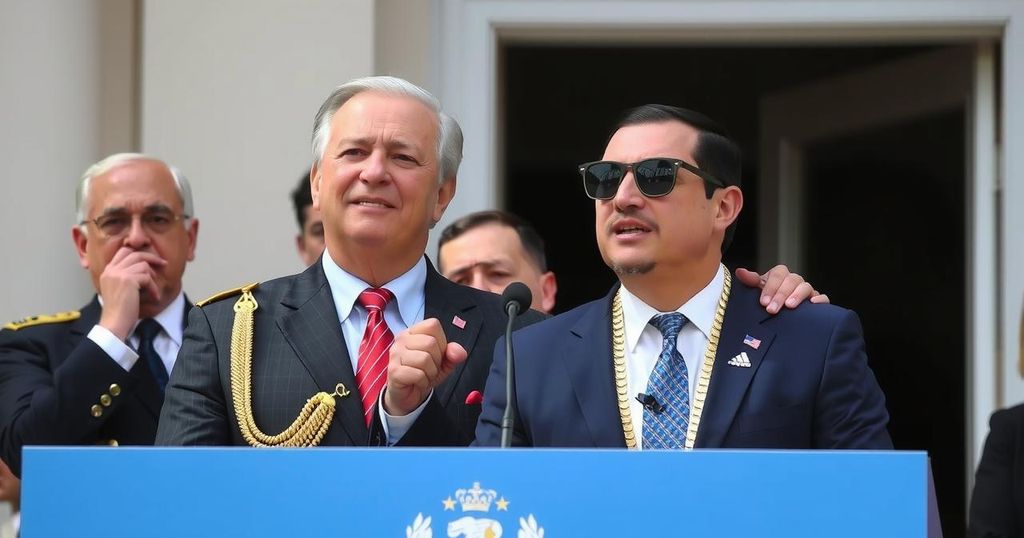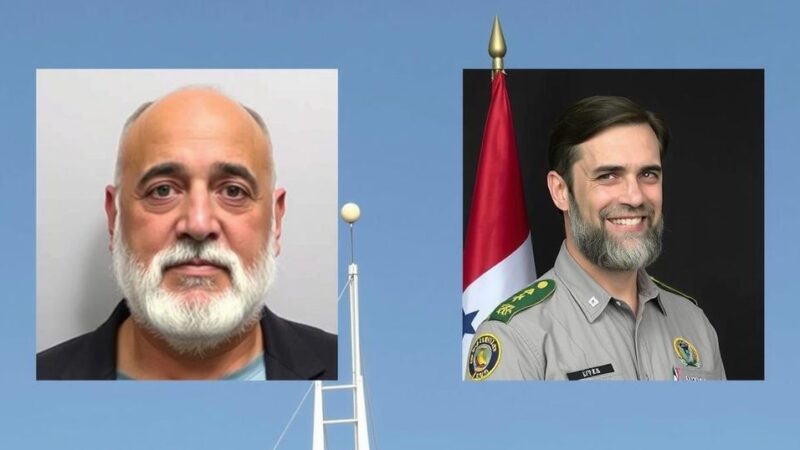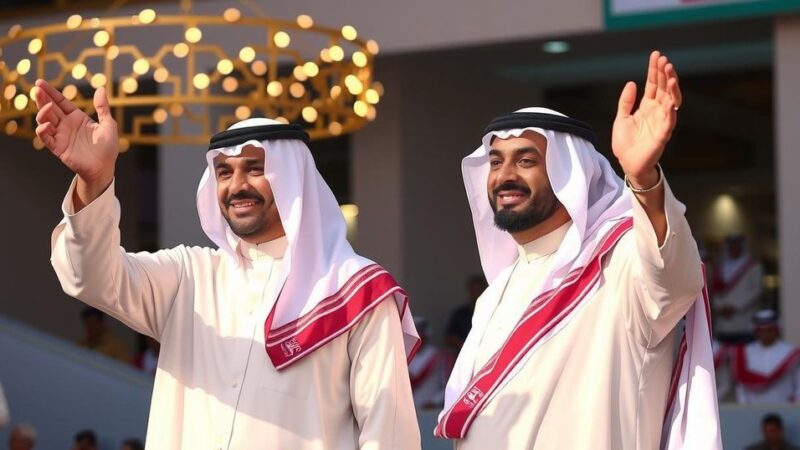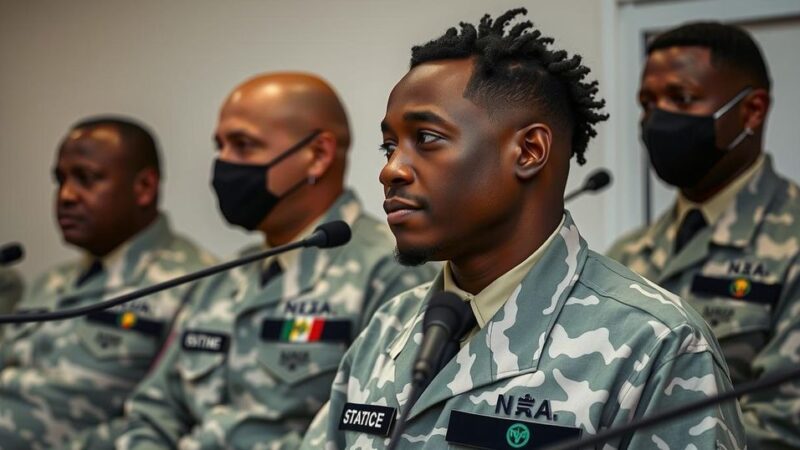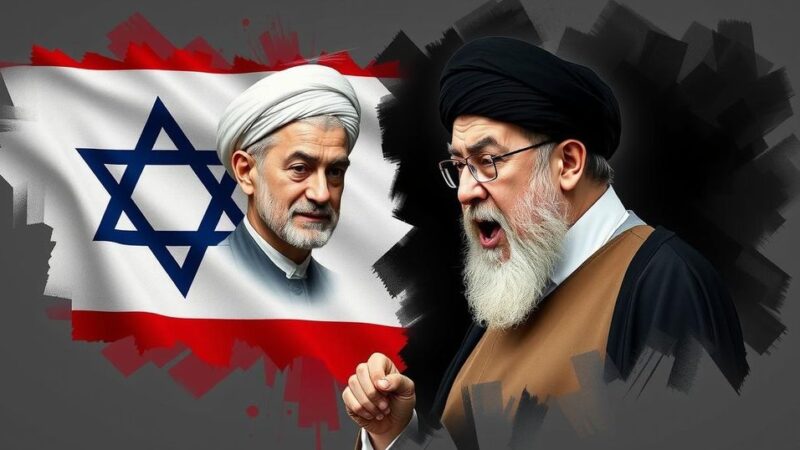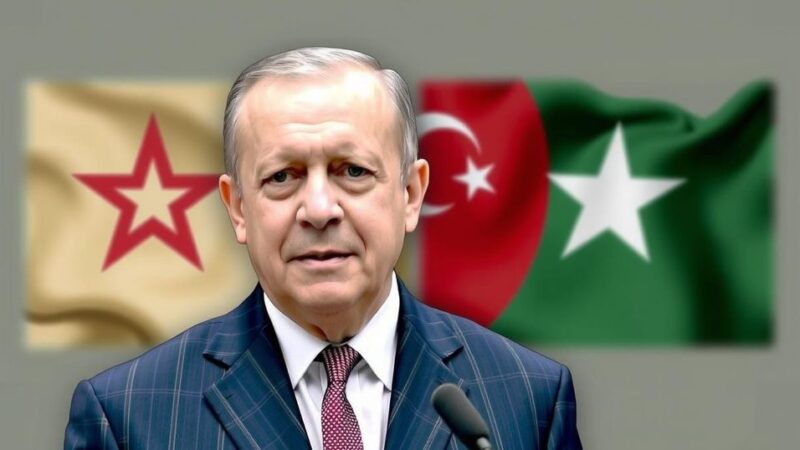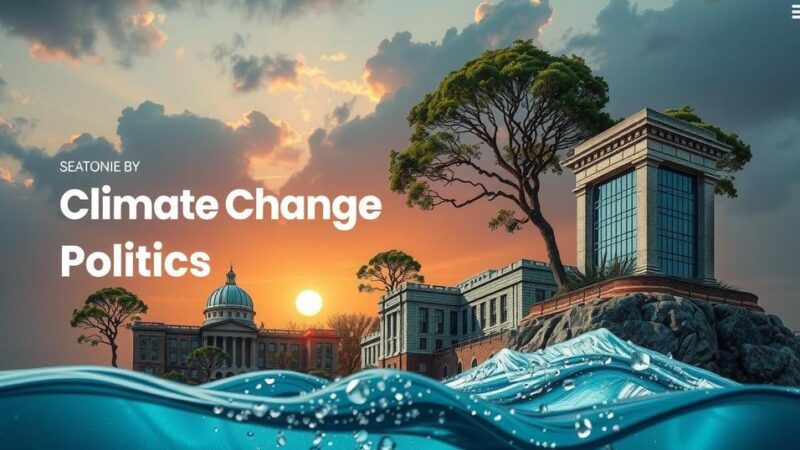Donald Trump has invited Argentina’s President Javier Milei and El Salvador’s President Nayib Bukele to his inauguration, breaking with traditional U.S. practices that typically exclude foreign leaders. Milei confirmed his participation, while Bukele’s attendance remains uncertain due to security considerations. These invitations could indicate a shift in U.S. diplomatic relations, particularly regarding economic matters in Argentina.
As President-elect Donald Trump prepares for his inauguration, an unprecedented number of world leaders from nations such as Argentina and El Salvador have received invitations. Argentine President Javier Milei confirmed his intention to attend the inauguration in Washington, which marks a significant departure from the customary absence of foreign dignitaries during such political events. This invitation to Milei is notable, as it is the first ever extended to an Argentine president for a U.S. inauguration. Meanwhile, the Salvadoran ambassador to the United States indicated President Nayib Bukele has also received an invitation, although it remains uncertain whether he will attend due to security concerns.
In a recent statement, Trump discussed invitations extending to global leaders, including Chinese President Xi Jinping, who has yet to finalize his attendance. When asked about the inclusion of Ukrainian President Volodymyr Zelenskyy, Trump clarified that he had not been invited but expressed his willingness to welcome him if he wished to attend. Trump’s transition team did not provide additional details on the guest list, but reports indicated that various world leaders have reached out to him in anticipation of the ceremony.
President Milei was the first foreign leader to engage with Trump post-election, visiting the President-elect at his Mar-a-Lago estate shortly after the election results. Characterized as an ‘anarcho-capitalist,’ Milei has garnered support from notable figures, including billionaire Elon Musk, and is expected to forge a ministry focused on government efficiency. His administration has implemented stringent austerity measures in Argentina, suspending public sector positions and freezing specific expenditures to address economic challenges. Economists have expressed cautious optimism regarding the reforms currently in place, viewing them as necessary responses to Argentina’s economic crisis and potential pathways to a new agreement with the International Monetary Fund, aimed at alleviating heavy debt burdens.
The invitation of world leaders to Trump’s inauguration represents a significant shift in U.S. political tradition, which has typically seen foreign heads of state refraining from attending the transfer of presidential power. This shift may indicate a new approach under the Trump administration concerning international relations. Both Presidents Milei and Bukele are emerging figures in their respective countries, with Milei implementing radical austerity measures while seeking stronger ties with the U.S. to facilitate Argentina’s dealings with its creditors, including the International Monetary Fund. The involvement of these leaders may suggest a changing dynamic in U.S.-Latin America relations in the coming years.
In summary, the invitations extended to Presidents Milei and Bukele for Trump’s inauguration signify a noteworthy evolution in international diplomatic practices during U.S. political transitions. As world leaders engage more actively with the U.S. political landscape, the implications for bilateral relations may prove significant, especially concerning economic strategies and international cooperation. This context sets the stage for potential collaborations aimed at addressing pressing economic issues, particularly for Argentina under Milei’s leadership.
Original Source: apnews.com
